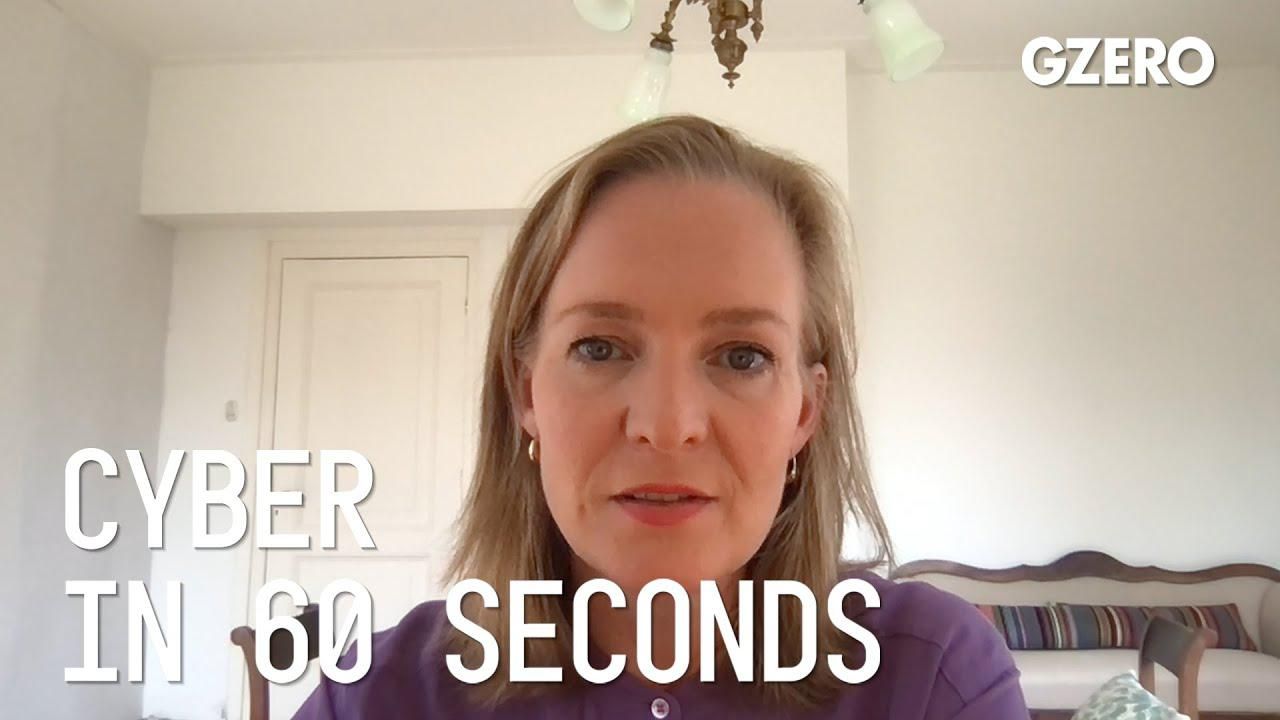Cyber in 60 Seconds
Is a Huawei ban possible in Brazil? Poly Network cryptocurrency heist

Is a Huawei Ban Possible in Brazil? | Poly Network Cryptocurrency Heist | Cyber In :60 | GZERO Media

Marietje Schaake, International Policy Director at Stanford's Cyber Policy Center, Eurasia Group senior advisor and former MEP, discusses trends in big tech, privacy protection and cyberspace:
The US warned Brazil about China's Huawei equipment in its 5G telecoms network. Would it be possible to ban Huawei in Brazil?
Now in theory, yes, but in practice, that will be very difficult. If not Huawei, the Brazilian mobile network infrastructure is largely sourced from China, and China is the country's most important trade partner overall. But as always, much depends on political leadership. President Bolsonaro, after all, did go along with President Trump in opposing Huawei while he was facing pushback for that decision at home. So the lesson to learn is that it is easier to prevent risky 5G telecoms equipment to come into the country than to cure when it's already there.
$600 million was stolen in what is being called the largest hack in decentralized finance history. What does this reveal about the security of digital assets?
Now, the answer is kind of in the question. The security is not hacker proof, at least not when it comes to the token swapping platform, Poly Network. But even if around half of the stolen assets have now been returned, the theft is still the largest robbery of its kind, and the hacker stole funds in 12 different cryptocurrencies.
In this Quick Take, Ian Bremmer addresses the killing of Alex Pretti at a protest in Minneapolis, calling it “a tipping point” in America’s increasingly volatile politics.
Who decides the boundaries for artificial intelligence, and how do governments ensure public trust? Speaking at the 2026 World Economic Forum in Davos, Arancha González Laya, Dean of the Paris School of International Affairs and former Foreign Minister of Spain, emphasized the importance of clear regulations to maintain trust in technology.
Will AI change the balance of power in the world? At the 2026 World Economic Forum in Davos, Ian Bremmer addresses how artificial intelligence could redefine global politics, human behavior, and societal stability.
Ian Bremmer sits down with Finland’s President Alexander Stubb and the IMF’s Kristalina Georgieva on the sidelines of the World Economic Forum to discuss President Trump’s Greenland threats, the state of the global economy, and the future of the transatlantic relationship.